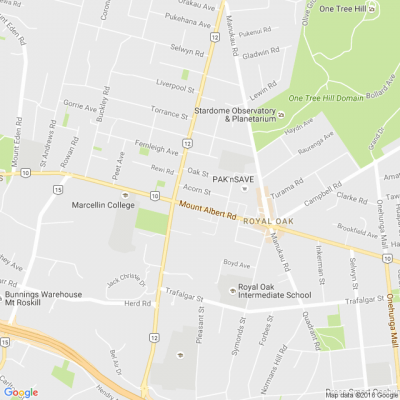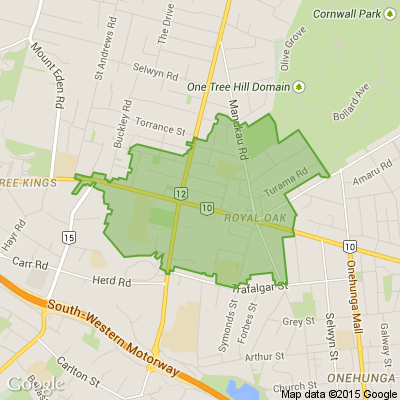How are the minimum wage and the living wage different?
The minimum wage went up about 7% to $22.70 on April 1, while the living wage will rise by 9.9% to $26 from September 1 this year.
Both changes reflect New Zealand's high cost of living at the moment, but the two figures are set by different people and they have different impacts on different groups of Kiwis. Here's what it all means.
What is the minimum wage?
=======================
The minimum wage is a legal obligation, set by the government and reviewed each year. It applies to most employees aged 16 years or over, and it's the lowest amount an employer can pay their employee (before tax).
The Ministry of Business, Innovation and Employment estimates about 222,900 people will see their pay rise with the latest hike.
As well as the adult minimum wage, there's a starting-out minimum wage — now $18.16 — for some 16 to 19-year-old employees who haven't been with their current employer for six continuous months yet, or are still undertaking industry training. It is 80% of the adult minimum wage.
But "if an employee is supervising or training other workers, then the starting-out minimum wage doesn't apply and they must be paid at least the adult minimum wage", the Employment NZ website clarifies.
There's also a training minimum wage — also $18.16 — for certain employees, including many apprentices, who are over 20 and undergoing an approved industry training programme.
It doesn't apply to employees who are being trained at work, and again, it doesn't apply to employees supervising or training others.
Are there any exceptions to the rule?
=============================
Not everyone's pay rate is covered by the legislation that sets the minimum wage.
Migrant workers have the same minimum employment rights as Kiwi workers, but a small number of people with disabilities that affect their work are paid less than the minimum wage.
There is no minimum wage for employees under 16, while "inmates of any charitable institution (who aren't living there just because they're employees) who do any work as inmates" are also exempt, as are prisoners working while in custody.
How's the living wage different?
==========================
The living wage is an opt-in rate, released by a group called the Living Wage Movement Aotearoa New Zealand.
In their words, the living wage "means thriving, not just surviving".
It's currently $23.65, and accredited living wage employers pledge to pay at least that amount to all staff and regular contractors.
Like the minimum wage, the cost of living is a key factor in how it's calculated. It is worked out independently, using the latest data and movement in New Zealand’s average hourly earnings.
Living wage employers must meet certain criteria.
How have the two been tracking?
==========================
Both wages have been rising for years, with the current hikes coming as inflation is close to a 32-year high at 7.2%.
The minimum wage was set at just $8.50 two decades ago, from March 24, 2003.
It hit $13 on April 1, 2011, and rose steadily from there before reaching $20 for the first time on April 1, 2021.
The first living wage in New Zealand was set at $18.40 in 2013. At the time, the minimum wage was $13.75.
The living wage cleared $20 within a few years, set at $20.20 in 2017.
Since September 1 last year, it's been $23.65, and the new rate later this year will be the first time it's cleared $25.
================================================
www.1news.co.nz...
================================================

Poll: 🤖 What skills do you think give a CV the ultimate edge in a robot-filled workplace?
The Reserve Bank has shared some pretty blunt advice: there’s no such thing as a “safe” job anymore 🛟😑
Robots are stepping into repetitive roles in factories, plants and warehouses. AI is taking care of the admin tasks that once filled many mid-level office jobs.
We want to know: As the world evolves, what skills do you think give a CV the ultimate edge in a robot-filled workplace?
Want to read more? The Press has you covered!

-
52.9% Human-centred experience and communication
-
14.7% Critical thinking
-
29.7% Resilience and adaptability
-
2.7% Other - I will share below!
🧩😏 Riddle me this, Neighbours…
I am an odd number. Take away a letter and I become even. What number am I?
Do you think you know the answer? Simply 'Like' this post and we'll post the answer in the comments below at 2pm on the day!
Want to stop seeing these in your newsfeed? No worries! Simply head here and click once on the Following button.

Considering Renting Out Your Holiday Home?
Hey Neighbours
Are you thinking about renting out your holiday home, or want better results from your short-term rental?
As part of the Neighbourly community, Bachcare is offering you a FREE short-term rental appraisal to help discover your property’s earning potential.
With over 20 years of experience, Bachcare supports more than 1,500 homeowners nationwide with 24/7 guest management, local on-the-ground support, and professional cleaning services. We make hosting effortless while maximising your income.
Feel free to reach out to us if you want to find out more!
The Bachcare Team








 Loading…
Loading…